
It might have a smaller fan-base than a Parris Goebel dance routine or a Taika Waititi movie, but a New Zealander is taking a product to the masses that he hopes will go down just as easily.
John Lang has just finished an unenviable task: taking a jargon-packed, number-heavy report by the Intergovernmental Panel on Climate Change and turning it into a graphic the average person might read.
The result is Worlds Apart, which leads people through three alternative futures, depending on how fast governments tackle emissions and how the planet responds. The visuals feature filling bathtubs, open doors, and an archer with a bow and arrow demonstrating humanity overshooting 1.5 degrees C of heating – or not.
While there is no single forecast that can say how a hotter world will l...
Read More

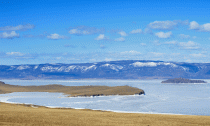

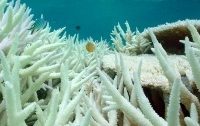
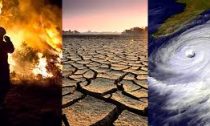


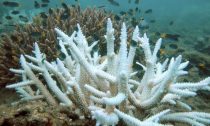

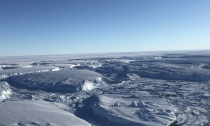


Social Profiles